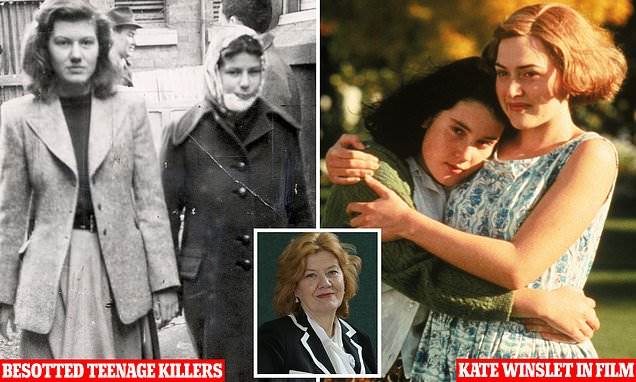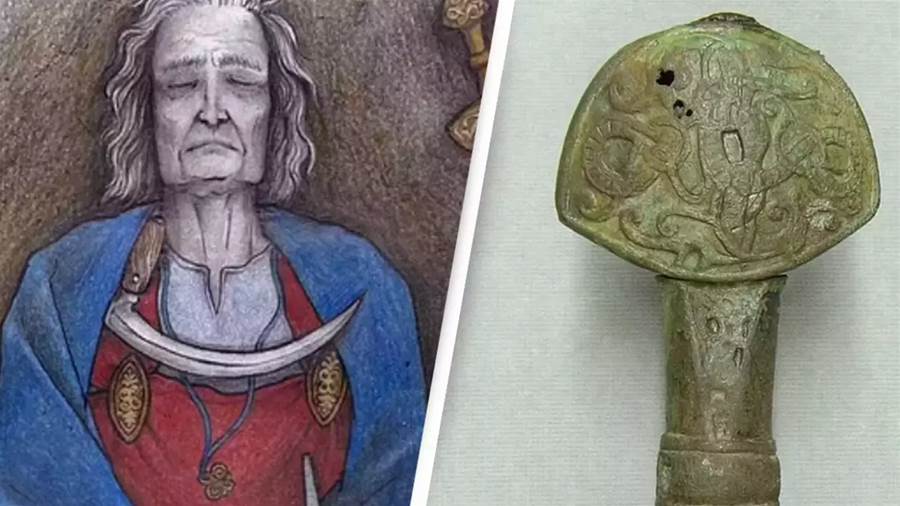Girl and Best Friend Conspire to Murder Mother, Years Later Becomes Famous Author![True Horror Case]
Crime and Friendship: The Shocking Story of Pauline Parker and Juliet Hulme
In 1954, two teenage girls in New Zealand shocked the world with their carefully planned murder of Pauline Parker’s mother, Honorah. The crime became infamous not only for its brutality but for the deep, obsessive friendship between the two girls that led them to commit such an act. What followed was a trial that captivated the nation, with themes of mental illness, delusion, and the price of youthful obsession.
A Bond Too Strong: The Friendship That Led to Murder
Pauline Parker and Juliet Hulme, 16 and 15 years old, developed an intense and co-dependent friendship that alarmed their families. The pair spent countless hours together, creating a fantasy world filled with stories and dreams of leaving New Zealand. However, when Juliet’s parents announced they were getting divorced and that Juliet would be sent to South Africa, the girls became desperate.
To them, Pauline’s mother, Honorah, stood in the way of their future together, and they believed removing her was the only way they could stay united.

This led to the chilling decision to kill Honorah Parker. On June 22, 1954, the girls lured Honorah to a secluded area in Victoria Park, where they carried out their brutal attack. They used a brick encased in a stocking, bludgeoning Honorah over 20 times until she was dead.
After the murder, the girls initially claimed that Honorah had fallen and hit her head, but police quickly uncovered the truth when they found the murder weapon nearby.
A Sensational Trial: Shared Delusion or Premeditated Murder?
The trial that followed was filled with drama and intrigue. Pauline’s diary revealed that the girls had planned the murder for some time, writing about their excitement and anticipation leading up to the event.
The article is not finished. Click on the next page to continue.
The article is not finished. Click on the next page to continue.




















